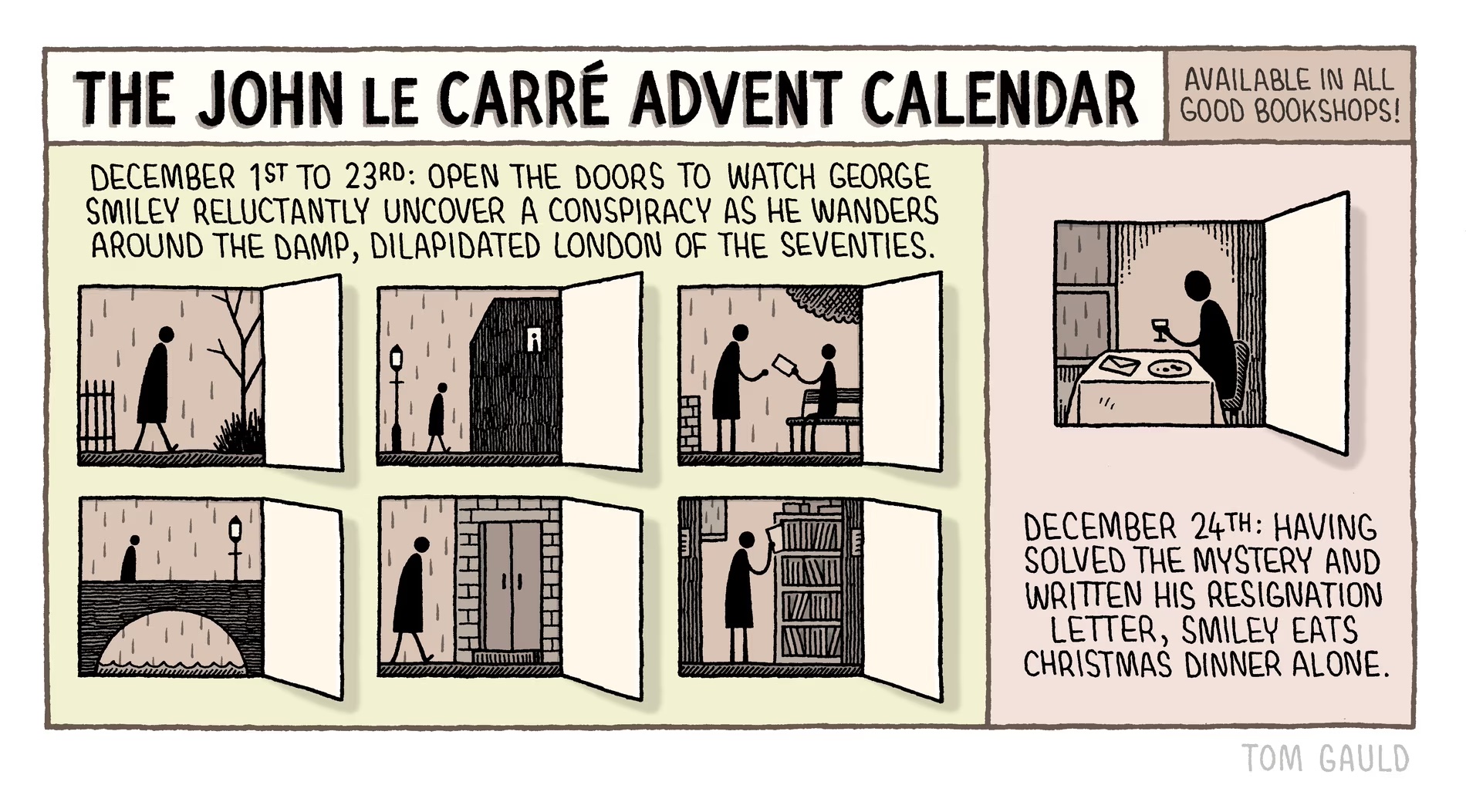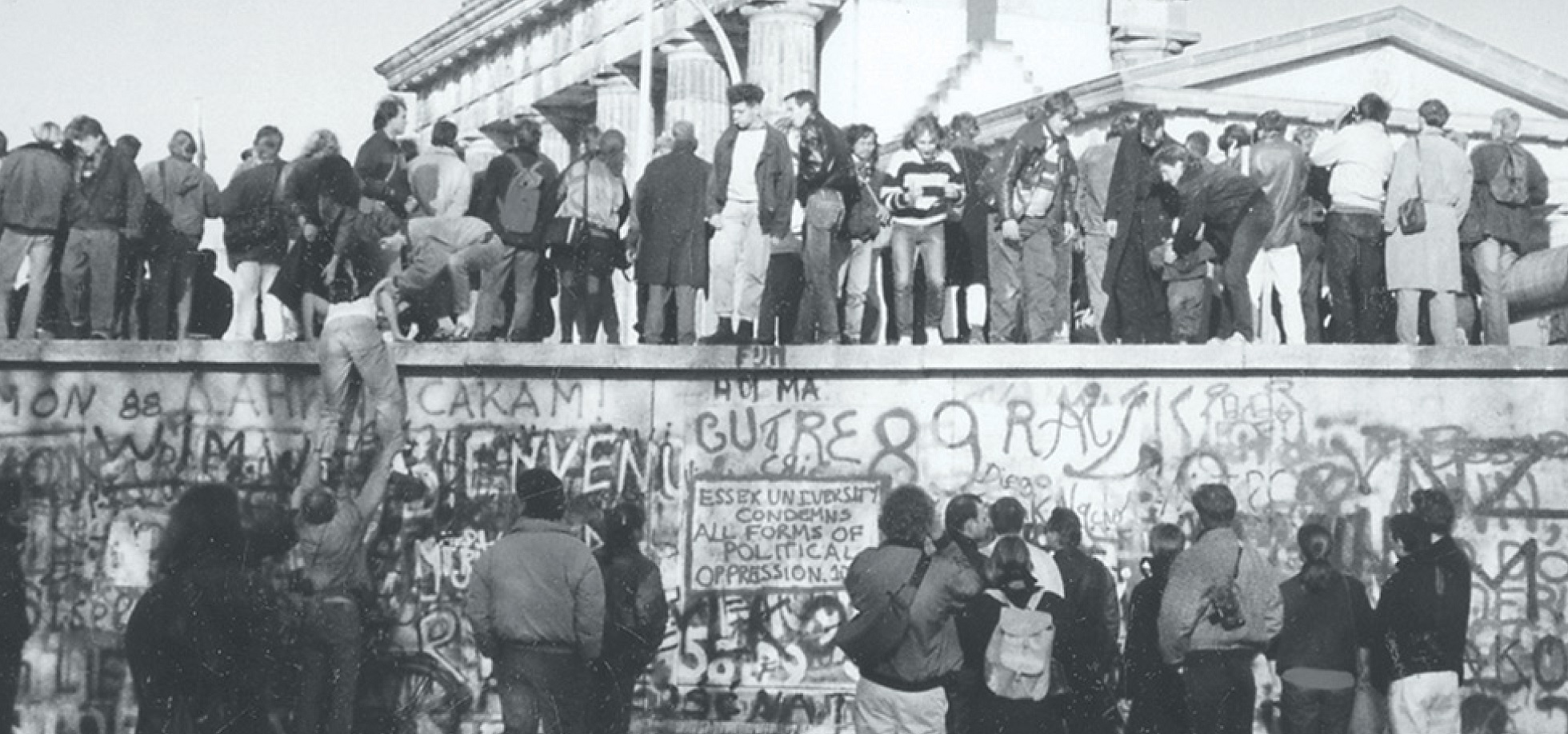This module aims to explore the complex relationship of race to class in South Africa and the US from the time of the slavery through to the rise of racial segregation in the late nineteenth and twentieth centuries. The module is designed to give students a greater understanding of the contexts which shape racial ideologies, conflict and discrimination. Topics traversed will include the comparative experience of slavery; key moments in slavery and the law; race and class at transitional moments (the Civil War and Reconstruction in the US South; the Boer War and Reconstruction period in South Africa); the relationship of the emergence of capitalism to the rise of segregation; the problem of racism and labour movements; and the utility of psychoanalytic perspectives to the analysis of racial consciousness.
- Module Supervisor: Catherine Crawford
This course will start with the aftermath of Abolition in Brazil and the Caribbean and focus on three broad themes:
I) The transformation from slaves into workers and peasants.
II) The development of Afro-American popular culture.
III) 'Race', racism and citizenship.
This module will explore how the past is transmitted and constructed in numerous public contexts, allowing students to compare contemporary presentations with those from a previous era. We will examine the many different genres and spaces through which history is, and has been, conveyed, from the museum, to the documentary, to the war memorial, school textbook, Hollywood epic and even computer game. The workshop aspect of this module will enable students to bring the theoretical understanding they draw from their readings into regular seminar discussions with the University's own public history practitioners, who will describe and answer questions about their past and current projects. Students will discover how scholarly research is made accessible to a wider audience; the way medium and audience interact to shape what kind of history is presented; the role of history, memory and myth in the creation of public identities; and the political contests that 'applied' history often generates. Students will also be given the opportunity to themselves create, participate in, and/or critique a piece of public history as part of their coursework assessment.
- Module Supervisor: Alison Rowlands
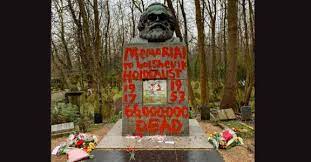
Why do historians disagree? How is it possible for different historians to look at the same evidence and arrive at different conclusions? This module focuses on important recent trends in the conceptual and theoretical approaches of historians, along with their practical use in historical writing. The first part of the module examines key concepts, such as class, culture, gender, and race, while the second part explores ‘turns’ towards particular theories and approaches, such as the study of emotions or memory.
- Module Supervisor: Nadine Rossol
- Module Supervisor: Alison Rowlands
Until very recently the social history of consumption was virtually ignored by professional historians. It was only during the 1980s - a decade which witnessed the celebration and deification of the consumer - that this subject began to attract serious scholarly attention. Adopting an interdisciplinary approach and employing a variety of primary as well as secondary source material (film and advertisements as well as written texts) this module explores both the origins and development of the 'consumer society' and also what is meant by that term.
- Module Supervisor: Peter Gurney
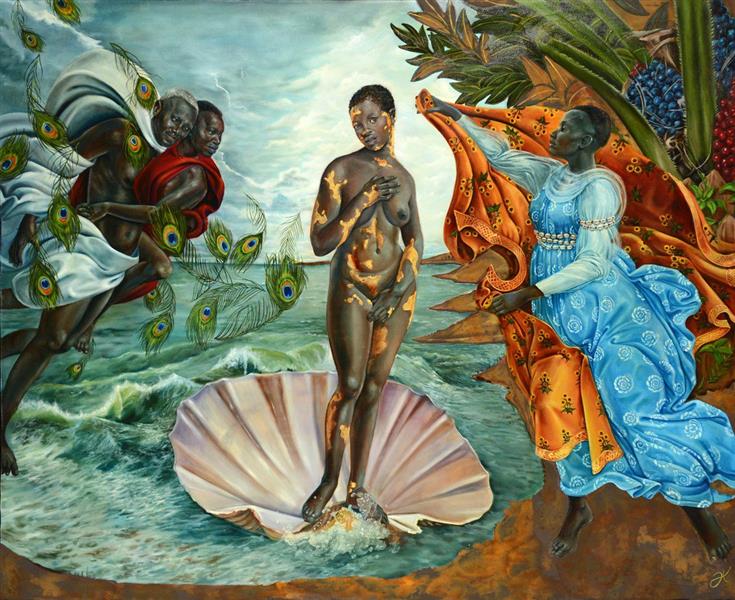
- Module Supervisor: Alix Green
- Module Supervisor: Lucy Noakes
This module helps prepare you for your MA dissertation (or work placement, if you choose to do one instead of the dissertation).
It familiarises you with the systems and resources you will need to work with to complete your dissertation/placement successfully and helps you develop your research and critical reading skills.
Teaching is done through 8 two-hour
workshops, four in the autumn term, three in the spring term, and one in the
summer term. You need to attend and participate actively in all sessions.
- Module Supervisor: Nadine Rossol
- Module Supervisor: Alison Rowlands
How does the history that we see all around us come into being? What choices do historians and others make in placing history before particular audiences in particular forms, and why do they make these decisions? This module explores how history is made using different types of sources and how it is shared in different forms. Part I focuses on how historians encounter and engage with different types of sources, using case studies ranging across the early modern and modern periods. Part II considers the many forms in which histories are made and shared, both with and for different audiences. Both parts will host guest speakers from archives and other organisations. In providing opportunities for students to engage with different kind of source material and forms of history, this module helps to prepare students for independent historical research, and also fosters practical skills in communication that will be of benefit in multiple work environments.
- Module Supervisor: Alison Rowlands
- Module Supervisor: Xun Zhou

This Module introduces students to some of the different disciplinary approaches to war and conflict that they may encounter, and utilise, during their studies. Each week takes a different disciplinary approach (eg history, literature, psychology, sociology) and focuses on a different case study. These vary year by year, according to the tutors' research expertise, but include war memorials, war film, nuclear war, international law and trauma.
- Module Supervisor: Lucy Noakes
- Module Supervisor: Sean Kelley
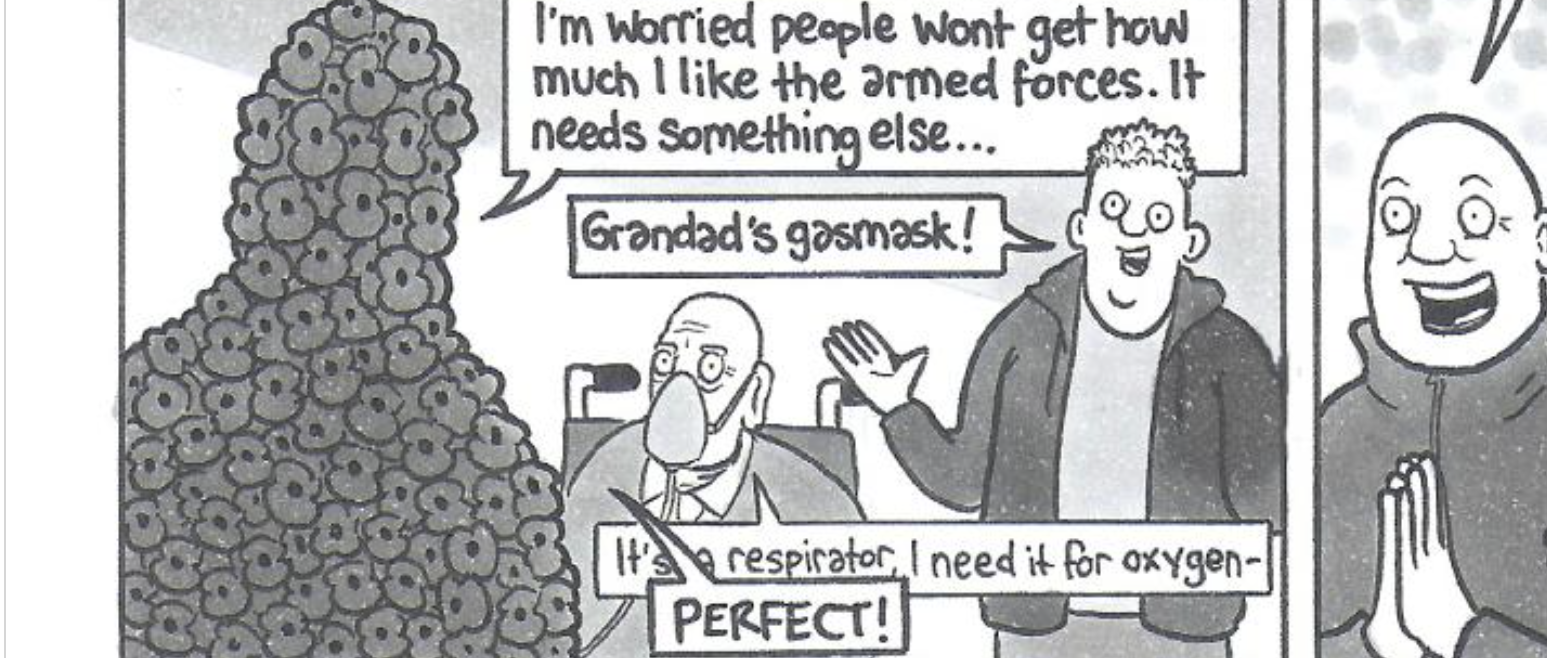
- Module Supervisor: Tracey Loughran
